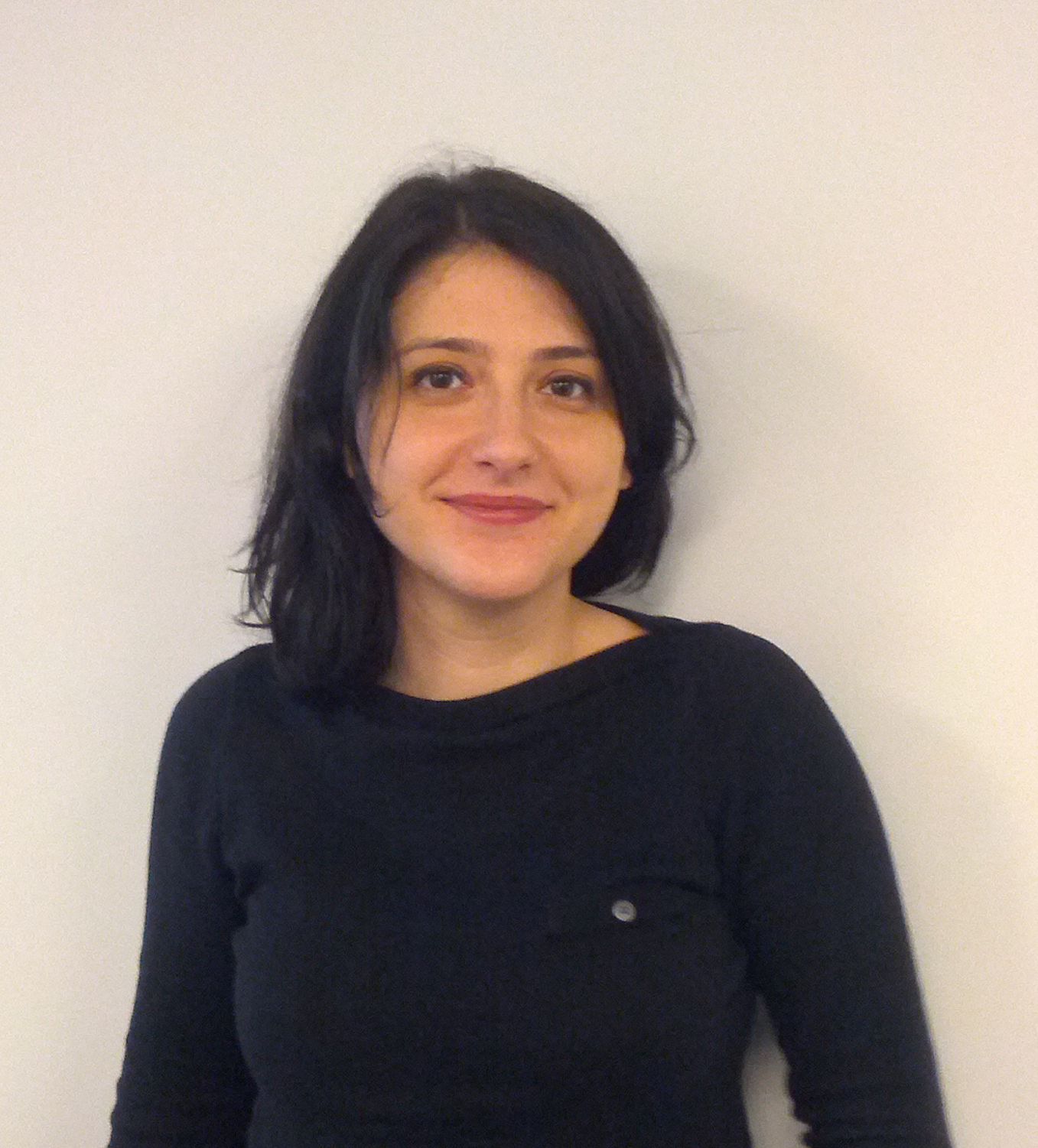
Who are you?
My name is Zeynep PEHLIVAN. I joined University Pierre and Marie Curie (UPMC) for a master degree at 2009. I recently received my PhD at the same university. I have been involved in the SCAPE project since September 2012.
Tell us a bit about your role in SCAPE and what SCAPE work you are involved in right now?
I ensure the work package lead position for the Quality Assurance Components work package within the Preservation Components sub project under the supervision of Stéphane Gançarski and Matthieu Cord. In coming months, I will be also involved in the development of Quality Assurance tools for UPMC.
Why is your organisation involved in SCAPE?
Our team at UPMC has been conducting research on digital preservation, especially on web archiving, since a while. As a university, participating in this project allows us to better evaluate the users’ real needs, to see how our research results are used in real life and to collaborate with different institutions.
What are the biggest challenges in SCAPE as you see it?
I think, due to its size and its international position, a project like SCAPE will have several administrative challenges. However, above all, the most important challenges for me are the technical ones. There are so many useful tools developed in the project answering different issues related to digital preservation in different development environments. Integration of these tools into one single system is a big challenge but I think, today, through the last year of the project, we see the light at the end of the tunnel.
In addition, digital objects are ephemeral depending on different reasons. Taking this ephemeral nature into account while designing our solutions is another challenge. Although it is well studied in the project, we can not predict all issues based on ephemerality for the durability of the system.
What do you think will be the most valuable outcome of SCAPE?
The size of the digital collections is getting larger each day. Thus, when we talk about digital collections, in fact, we refer to “big data”. As indicated also in the name of the project, scalability will be the most valuable outcome of the project, in my opinion.
Digital collections represent a huge information source. If access to these collections is not provided, unfortunately the preservation effort can ultimately become irrelevant. Previous works show that users of digital collections need to analyze, compare and evaluate the information. It will be interesting to see developed access tools to let users search, evaluate, and visualize these huge collections.
Contact information
Zeynep PEHLIVAN
University Pierre and Marie Curie
4 Place Jussieu, 75005 Boite 169
Linkedin: http://www.linkedin.com/profile/view?id=7183444

